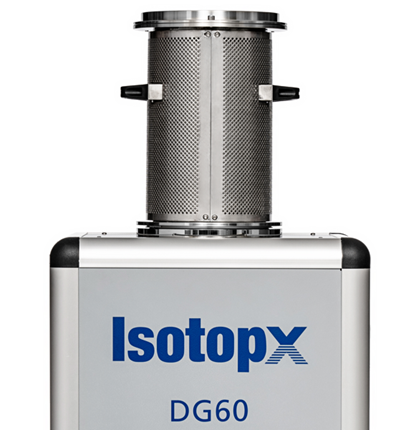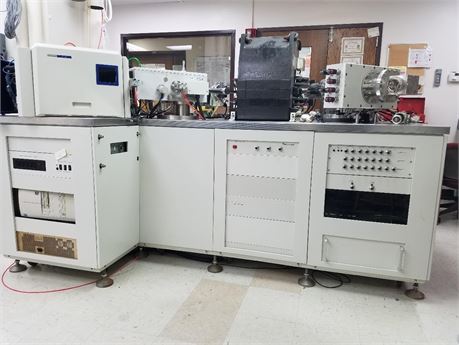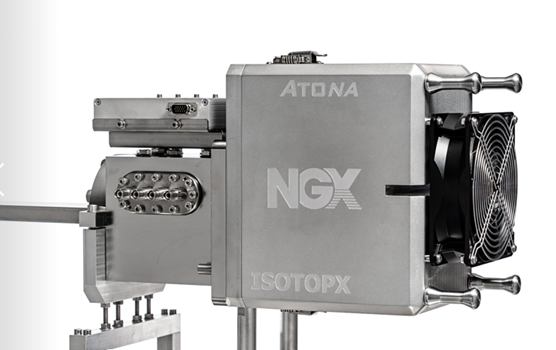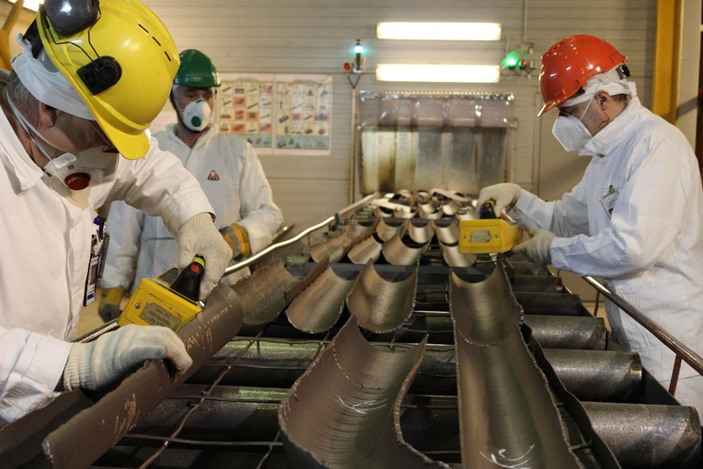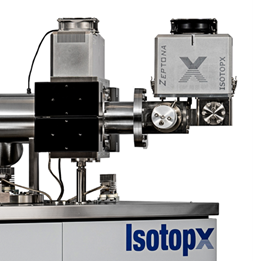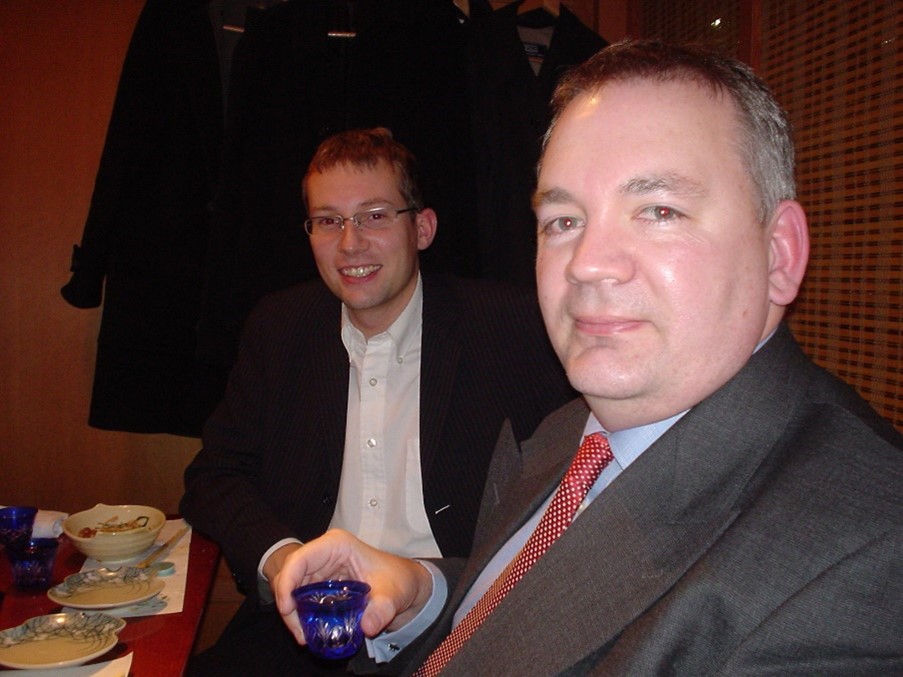Filter results
Blog archive
Author archive
-

Why should I use a degasser with my TIMS?
Much of my mass spectrometry experience has been associated with ICP-MS so I’m far from an expert in thermal ionization mass spectrometry (TIMS), meaning every day can be a school day at Isotopx. Today I was wondering about filament preparation techniques such as carburization to increase efficiency of small samples. However, I thought I’d first…
-

The return of in-person conferences?
At the end of last year, I attended the AGU (American Geophysical Union) Fall Meeting in Chicago. The attendance was pretty good, almost what it used to be pre-Covid, and interaction between visitors and the exhibitors was good. That’s particularly important to organizations like Isotopx that serve a very niche community with few opportunities to…
-

Environmental Geochemistry: Secrets Frozen in Time
Environmental Geochemistry helps us to understand what Earth was like and how it has changed throughout time. In this short blog, discover how IRMS analysis with Isotopx can help reveal these secrets and improve our understanding of our planet
-

Collision cells are back in fashion!
After a period of time working away from inorganic isotope ratio MS, I returned to the community to see that there has been an interesting resurgence in the application of collision cell technologies. This blog won’t look at the new solutions, but I thought it worth taking some time to look at where it all…
-

Holiday Opening Hours
Isotopx will be closed from 23rd December 2022 and will reopen 2nd January 2023. We look forward to working with you in 2023
-

Thermal ionization mass spectrometry for kids!
My kids are of an age (12 and 13) where science is both simultaneously daunting and eye opening on a daily basis. The older one is just starting to learn about atoms and elements, giving me ample opportunity to regale her with information about the instruments I work with, whilst giving her ample opportunity to…
-

The story behind ATONA – embracing the capacitor
I often get asked about the ATONA Faraday amplification system that we use at Isotopx. The questions are usually along the lines of “how did you come up with the idea?”, or “was it hard to develop?”, typically ending with “what’s next?”. In this blog I’ll address those questions – with the obvious limitation that…
-

Nuclear decommissioning and isotope ratio mass spectrometry
I recently attended the 14th International Symposium on Nuclear and Environmental Radiochemical Analysis (aka ERA14, link here). I found this a fascinating insight into the breadth of applications where radiochemical measurements can help science. I’d naturally assumed the meeting would include major focus on nuclear forensics, but the additional focus on medical applications, fuel reprocessing…
-

TIMS or MC-ICP-MS – which do I need?
So, you have a need for precise isotope ratio measurement of solids, most likely metals, but perhaps you’re early in your career and not yet an expert in the instrumental techniques. You’ve already found out that thermal ionization MS (TIMS) and multi-collector ICP-MS (MC-ICP-MS) are the likely techniques of choice, but which should you choose?…
-

What’s the story behind Isotopx?
We at Isotopx are well aware that we’re not exactly a household name yet. But are you aware of the history behind the company? I’ve been lucky enough to work in isotope ratio mass spec for much of my career so have followed the Isotopx story; and in some cases I was there when it…

